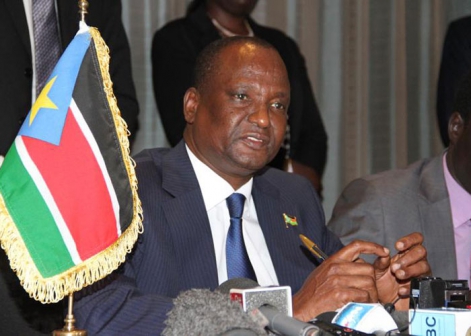×
The Standard e-Paper
Join Thousands Daily

The Government of South Sudan has dismissed claims that it is plotting to kill rebel leader Riek Machar amid claim that he has fled to Democratic Republic of Congo (DRC).